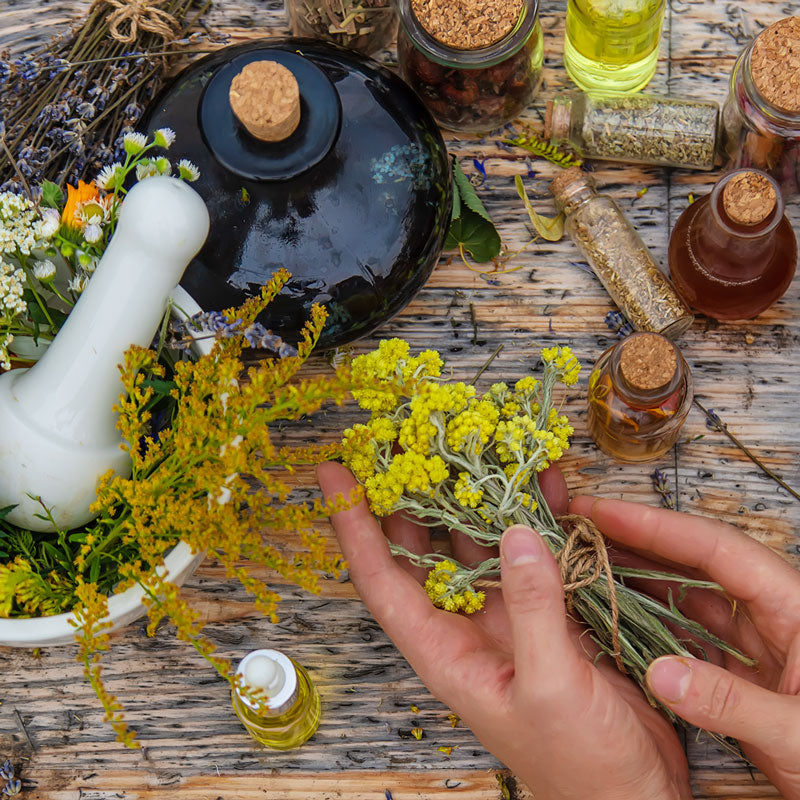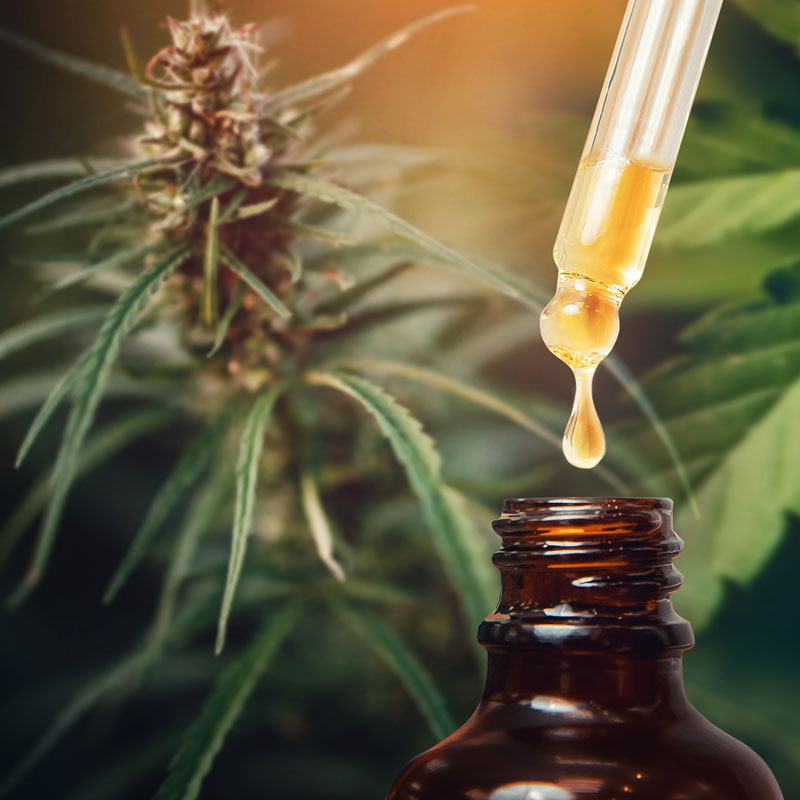Homemade Shepherd’s Purse Tincture and Extract Recipe using Food Grade Ethanol
Shepherd’s purse is an herb traditionally valued in herbal preparations. Making your own shepherd’s purse tincture allows you to create a high-quality liquid extract using 200 Proof Food Grade Ethanol for maximum purity. This guide provides step-by-step instructions for creating a tincture at home.
What is Shepherd’s Purse?
Shepherd’s purse (Capsella bursa-pastoris) is an annual herb from the Brassicaceae (mustard) family, recognized for its heart-shaped seed pods. It has been traditionally used in various herbal preparations and botanical applications.
Why Make a Shepherd’s Purse Tincture Instead of Using Fresh or Dried Herbs?
-
Concentrated Form: A tincture extracts plant compounds into a liquid format.
-
Long Shelf Life: A properly stored ethanol-based tincture can remain stable for up to two years.
-
Versatile Preparation: Can be used in a variety of applications.
-
Precise Measurement: Allows for easy, controlled use.
Historical and Traditional Uses of Shepherd’s Purse
Shepherd’s purse has been mentioned in Traditional European Herbalism, Traditional Chinese Practices, and Western Botanical Traditions. It has been included in historical herbal compendiums and used in various cultural traditions.
Where is Shepherd’s Purse Grown?
Shepherd’s purse is native to Europe and Asia but has been widely naturalized across North America. It thrives in meadows, disturbed soils, and roadsides. It is commonly found in California, Oregon, Texas, Pennsylvania, and New York, preferring well-drained soil with full to partial sunlight.
Sourcing Shepherd’s Purse and Selecting Quality
For the best tincture results, source organic, fresh, or dried shepherd’s purse leaves, flowers, and seed pods from reputable herbal suppliers, farmers’ markets, or cultivated home gardens. Choose vibrant green, freshly dried material with a strong herbal scent. Avoid plant material that is brittle, yellowed, or lacking fragrance.
Preparing Shepherd’s Purse for Tincture
To prepare shepherd’s purse for tincturing:
-
Ensure the leaves, flowers, and seed pods are clean and free from debris.
-
Gently chop or crush the plant material to improve extraction efficiency.
Best Practices for Storing Your Shepherd’s Purse Tincture
Store your shepherd’s purse tincture in a dark glass bottle away from heat and sunlight. When properly stored, the tincture can maintain its quality for up to two years.
Responsible Use of Shepherd’s Purse Tincture
Shepherd’s purse tincture is traditionally used in various herbal preparations. Always consult a qualified herbalist or healthcare professional before using any botanical extract, especially if you are pregnant, nursing, or taking medications.
Final Thoughts on Making Shepherd’s Purse Tincture
Crafting a shepherd’s purse tincture at home allows you to create a personalized botanical extract. Using 200 Proof Food Grade Ethanol ensures a high-quality, chemical-free extraction process.

No health claims are made in this guide. This information is for educational purposes only. Consult a qualified professional before making or using herbal tinctures, and be aware of potential individual sensitivities or allergies.










